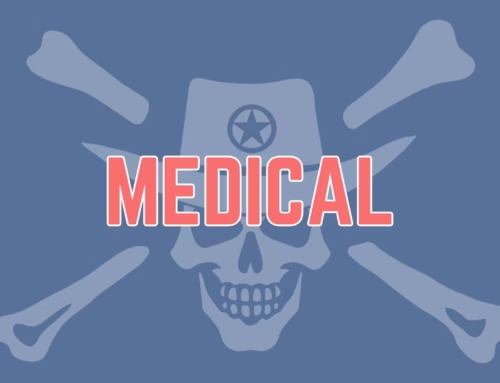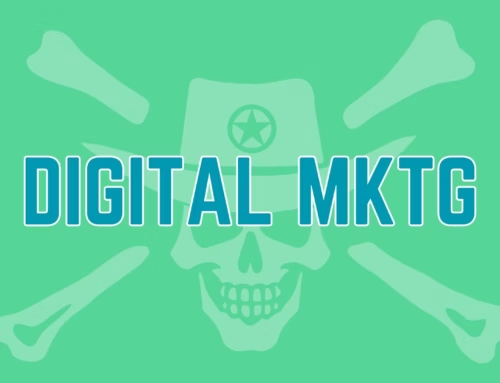Automotive Technology in Texas: From Shop Class to Full-Throttle Careers
Overview
Cars, trucks, and fleets power Texas life. From daily commutes to diesel pickups, there’s always a need for skilled auto technicians to keep the wheels turning. Today’s vehicles are complex machines loaded with computer systems, sensors, and software. That means the demand for well-trained mechanics has never been higher. If you’re curious about how things work and enjoy solving real-world problems, automotive technology is a hands-on career that pays off fast—without a four-year degree.
Job Outlook & Pay in Texas
- Entry-Level Pay: $18–$25/hour for general service techs
- ASE-Certified Technicians: $45,000–$65,000/year
- Diesel, Performance, or Master Techs: $70,000–$90,000+
- Industry Growth: Strong. The shift to EVs, hybrids, and tech-heavy vehicles means ongoing demand for new techs and retrained mechanics statewide.
Education & Certification
Most automotive technicians start with formal training through a certificate or Associate of Applied Science (AAS) in Automotive Technology. Programs combine classroom instruction with hands-on shop experience.
Core areas of training include:
- Engine Diagnostics: Learn how to identify and fix performance issues using advanced tools and diagnostic software.
- Brake Systems: Understand hydraulic systems, disc and drum brakes, ABS components, and repair techniques.
- Steering & Suspension: Train on alignment systems, shocks, struts, and chassis components for safe and smooth vehicle operation.
- Electrical & Electronic Systems: Master modern vehicle wiring, sensors, computers, and troubleshooting electronic malfunctions.
Additional qualifications may include:
- ASE Certification: Offered by the National Institute for Automotive Service Excellence—recognized industry-wide and often required by employers.
- EV/Hybrid System Training: Prepares technicians to safely service electric and hybrid vehicles, a fast-growing segment of the industry.
Where to Study in Texas
- Universal Technical Institute (UTI) – Irving & Houston
Program: Automotive Technology, Diesel Technology, Collision Repair
uti.edu - Texas State Technical College (TSTC)
Campuses: Waco, Sweetwater, Harlingen, others
Program: Automotive Technology AAS
tstc.edu - Lone Star College
Campus: North Harris
Program: Automotive Service Technician Certificate & AAS
lonestar.edu - San Jacinto College
Location: Houston area
Program: Automotive Technology
sanjac.edu - Houston Community College (HCC)
Program: Automotive Technology & Toyota T-TEN
hccs.edu
What to Expect in Training
Automotive programs emphasize:
- Hands-on repair and diagnostics on real vehicles
- Use of diagnostic scan tools, lifts, and electronic testing equipment
- Understanding fuel systems, transmission service, AC systems, and emissions
- Customer communication and service order writing
- ASE test prep and real-world readiness
Programs usually last 12–24 months, with fast-track options at some schools.
After Graduation
Graduates can find work as:
- Dealership service techs
- Fleet maintenance mechanics
- Diesel and heavy equipment techs
- Custom and performance tuners
- Collision repair or refinishing techs
- Shop owners or service writers
With ongoing certification and training, many techs specialize or move into supervisory roles—and there’s always the path of opening your own shop.
Final Thoughts
If you’ve ever enjoyed fixing things, troubleshooting problems, or getting under the hood just to see what’s wrong—automotive technology may be your calling. It’s a fast-moving, tech-powered trade that keeps Texas running, and there’s always room for more great techs.
Disclaimer: The programs and schools listed on this page are shared to help you explore real career options across Texas. We are not affiliated with any of the institutions mentioned and do not receive compensation for featuring them. All information is based on publicly available data and our own research. Program availability, costs, certifications, and licensing requirements may change—so always verify details directly with the school or licensing board before making any decisions.





